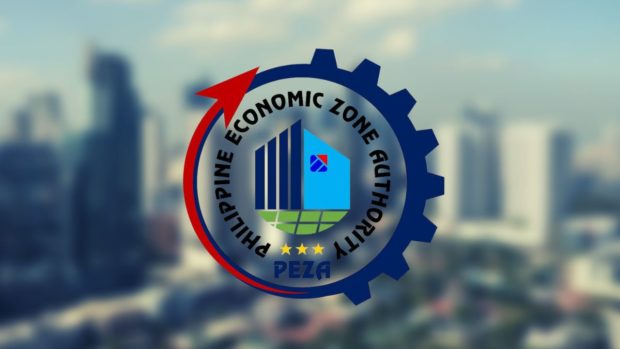PEZA-approved investments rise over threefold
Approved investments by the Philippine Economic Zone Authority (Peza) rose more than threefold from January up to the second week of October, reaching P131.757 billion in total, with almost 30,000 new jobs expected to be created from these business ventures.
According to Peza records released last week, approved investments during the period soared by 232.45 percent compared to the P39.632 billion projects greenlit by the investment promotion agency in the same time frame last year.
During the month of October alone, the Peza approved 13 new export-oriented projects, six in the information technology (IT) sector, two in logistics, another two in facilities, and one in economic zone development.
The Peza said they were also projecting 28,521 new jobs from all of these investments approved so far this year, as well as $3.03 billion worth of exports resulting from their operations.
The Peza’s is aiming to grow its investment approvals by at least 10 percent this year.
Its approved investments in 2022 reached P140.7 billion, growing by 103 percent from the P69.30 billion tallied for the full year of 2021.
Approved investments by the investment promotion agency reached P140.2 billion in 2018, P117.54 billion in 2019, and P95.03 billion in 2020.
PEZA Director General Tereso Panga said that they have already reached 85 percent of their P154-billion investment approval target this year.
“This is a tangible demonstration of our dedication to positioning our country as an attractive investment destination, thereby encouraging greater local and foreign investments in the Philippines,” Panga said in a speech during the signing of an agreement between the PEZA and the local unit of Japan’s Advantec last week.
Under the agreement, Advantec will introduce its solar power technology in the Pampanga Economic Zone, with the aim of having an annual energy yield of 3.6 million kilowatts and to reduce approximately 1,200 tons of carbon dioxide emissions annually.
The local branch of the Japanese firm will also conduct studies to determine the viability of their solar power technology in the Philippines’ economic zones, identifying the appropriate areas such as rooftops for the pilot sites.
The PEZA official said that Japanese companies continue to be their leading investors to date, with 877 enterprises from the East Asian country currently registered under them.

